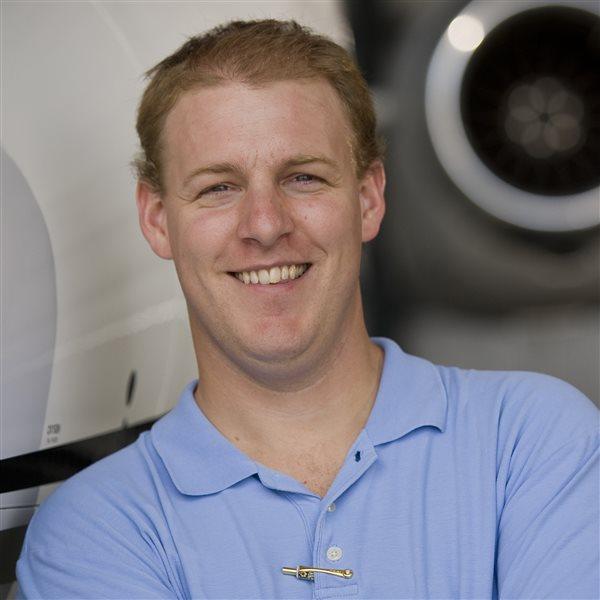The traditional flight training business model is broken. That much is certain, based on two very significant factors. Schools continue to close, and those that stay open are largely operating on scarily thin margins; and an average of eight out of 10 students will drop out before getting a pilot certificate.
AOPA has been hammering this point because we believe the problem had to be identified before it could be attacked. Now, two years later, the industry is coming together and putting up the offensive that’s necessary to bring about change. We’re seeing innovation that’s breathing excitement into flight training unlike anything over the past few decades—good news not only for the health of general aviation, but for every student who walks into a flight school with a dream.
Recently I detailed the opening of the Redbird Skyport in San Marcos, Texas (“Flight Training Deconstructed,” January 2012 Flight Training). By using simulation as the cornerstone of an accelerated training program, Redbird has been able to train new pilots at significantly fewer hours than the national average, and in less than a year it is making a profit. Redbird’s model is so attractive that schools are asking to franchise, model, and otherwise capitalize on the program. Recently the first of these suitors opened near Mobile, Alabama, and if successful, could have major implications for the future of flight training in the United States and abroad.
Zulu Flight Training is owned by Continental Motors. Continental has thrown away the flight-school rulebook and established its first training location in a shopping center. Like the Skyport, students will train first in the simulator and then transition to the airplane at a nearby airport. They will pay a flat fee, regardless of how long it takes to finish the program. The benefits are obvious. The business is exposed to a large clientele that probably had no idea a local airport existed, and is able to focus the training regardless of weather, aircraft maintenance, and all the other factors that slow training. Not to mention that simulators are incredibly efficient tools that allow for a positive transfer of learning and a shorter amount of time in the airplane.
Why would an engine company have any interest in flight training? In December 2011 Continental was sold to the AVIC International Holding Corporation, a Chinese company that’s partially state-owned. AVIC’s interests go beyond engines to include training pilots for what’s expected to be a massive need in China in the coming decades. But in China airports are few and far between, and those that already exist are far from the cities. Encouraged to help find a solution, Continental CEO Rhett Ross developed the Zulu concept, using guidance from Redbird and his own flight training experiences.
Assuming the school outside Mobile is successful, the company will expand to other major U.S. cities, such as Los Angeles and New York, at which point the model, and its focus, will be sent to China. However, Ross says meeting the goals in China won’t preclude the company from further expanding in the United States through franchising or other means.
Sipping a latte while waiting for a simulator in the archetype of American urban sprawl may not be the stuff of childhood dreams, but the fact is that simulators are incredibly effective at getting the job done. And finishing the job is the grown-up dream we should all embrace.



